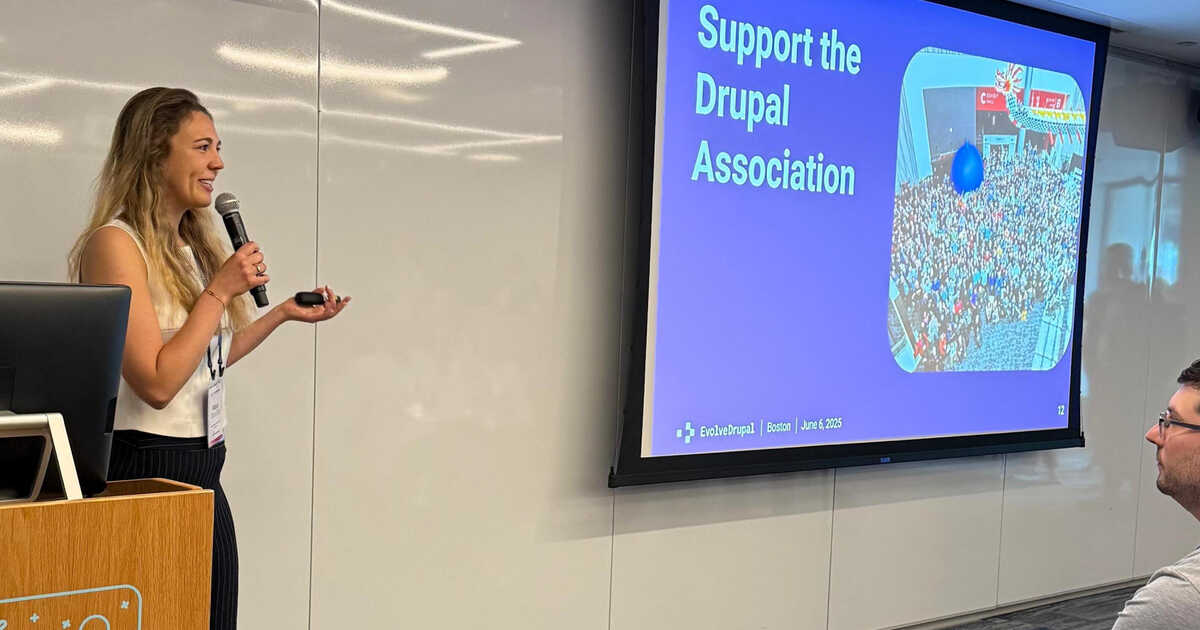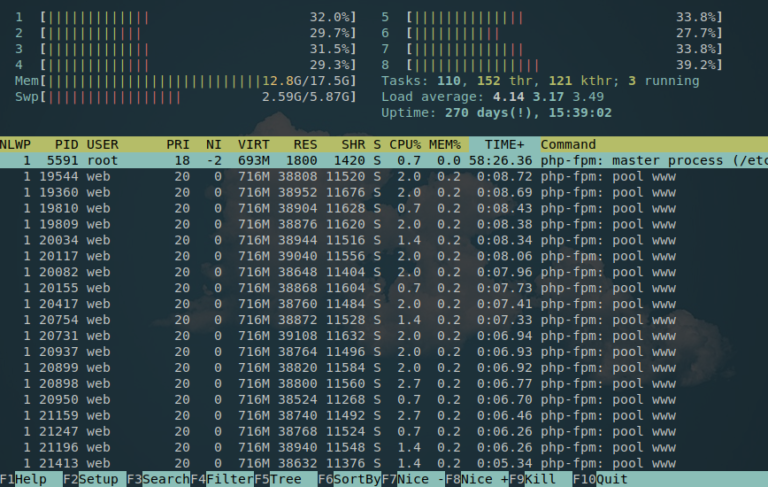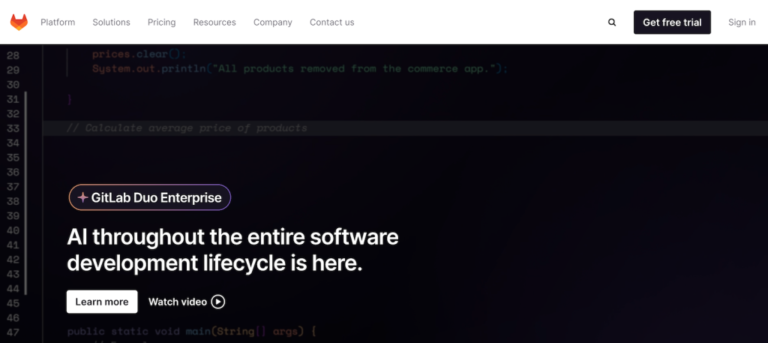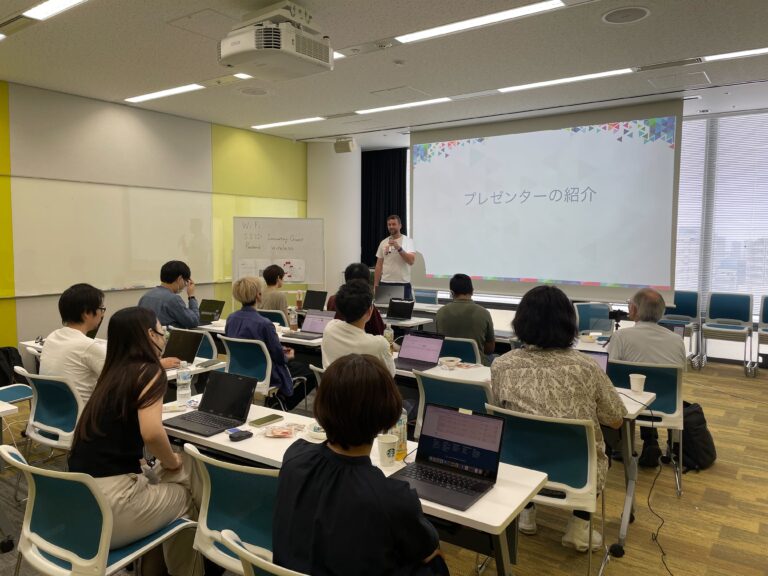
Lastly, I think it would be really helpful to build a community of practice—just a way for organizers around the world to share ideas, speakers, and lessons learned. That way, we keep the energy up without trying to clone the same event everywhere.
How to Vote
I’m resharing my recent interview with The Drop Times about my platform for the Drupal Association 2025 Board Election because I want to give our community a clear look at where I stand, what I believe Drupal needs next, and how I’d approach my role if elected to the Drupal Association Board. From making events and contribution pathways more inclusive to strengthening Drupal’s brand while reaching new audiences, I hope these ideas spark conversation and reflect the practical, community-first mindset I’d bring to the board.
2. Running events in six North American cities post-pandemic showed incredible momentum. How would you advise the Drupal Association to scale that model globally, balancing centralized strategy and local autonomy, without diluting what makes each gathering unique?1. You’ve welcomed 40% of attendees from outside Drupal at EvolveDrupal—what concrete steps would you take as a board member to ensure that those first-time or non-technical participants feel empowered to contribute beyond in-person events?
Honestly, I think a lot of DA programs are still geared toward developers. Even something like the “Ripple Maker” term—it’s clever, but it doesn’t really speak to folks in marketing or comms. And while I do think the Drupal.org rebrand was a great step forward, we’re still missing content that’s actually tailored to non-technical people.
On the practical side, we could build out a non-technical contributor guide on drupal.org. Right now, the site is very developer-focused, and it’s not always easy for someone from a design or communications background to know where they fit in.
At the end of the day, I don’t think widening the conversation weakens Drupal’s brand. If anything, it shows how versatile and future-proof it is. We just need to get better at telling that story to all the right people.
I’m excited about what’s ahead for Drupal—and I’d love to help shape that future from a place of inclusion, energy, and practical momentum.
Templates, branding assets, or just having a shared doc of what speakers or formats worked well—that would go a long way. But at the end of the day, each region should have the freedom to do what fits their audience. What works in Ottawa might not land in Lagos or São Paulo—and that’s okay.
Voting is now open and will be until July 11 23:59 UTC. You need to have been a Drupal Association Ripple Maker 24 hours before voting opened on June 18 in order to be eligible to vote. Ripple Makers be sure to look out for the email from the Helios Voting Bot with your voter id, password and instructions.
Below you will find my interview with Ben Beter of the DropTimes and my vision for the future of Drupal:
What we’ve seen at EvolveDrupal is that getting someone through the door is only step one. A good event might spark someone’s interest—but what they really need afterward are clear, approachable next steps.
I think the key is to support, not control. What made EvolveDrupal work is that we kept things lightweight, flexible, and community-focused. The DA could definitely help other organizers by offering a basic playbook—just something that outlines what’s worked for us, especially around getting non-Drupal folks in the door, and tips for outreach and sponsorship.
Another thing: we should ask agencies to help spread the word. I know GDPR limits how we share contact info, but we can still create referral-friendly content, like newsletter templates or event invites that agencies and end-user organizations—like universities—can pass on internally.
We also need to be more present in non-Drupal spaces—but not just with a booth. Booths are fine, but what matters is what happens at them. If we show up to conferences like Educause or HighEdWeb, we should be doing live demos, sharing case studies, and talking to people on their terms. That part is often missing.
4. Your growth of EvolveDrupal into EvolveDigital signals openness beyond Drupal. In the context of the Promote Drupal initiative, how would you ensure Drupal maintains brand identity and technical depth while engaging broader audiences and digital disciplines?
Also, the DA could make a real difference by offering even small sponsorships or in-kind support—like signal boosts, intros to speakers, or even just showing up. And there’s already an event organizer group—I’d love to connect more with that crew and share what we’ve learned.
I also think DrupalCon could do more to intentionally invite marketers. Maybe a marketing track, or something like a dedicated Marketing & Comms Summit, just like we do for government or higher ed. And, of course, keeping event prices low is key to getting more diverse voices in the room.
In short, if elected, I would:
EvolveDigital isn’t about stepping away from Drupal—it’s about making space for the broader ecosystem around it. The reality is, Drupal doesn’t exist in a vacuum. It’s always used alongside other tools and strategies. So rather than trying to wall it off, we should lean into that and show how Drupal fits into modern digital teams.
If I were on the board, I’d focus on helping Drupal grow beyond its current edges—by making the project more welcoming to non-technical contributors, easier to access for new users, and more visible to sectors that don’t yet realize how much Drupal can offer. My experience organizing EvolveDrupal (now EvolveDigital) has shown me what’s possible when we create spaces that are inclusive, cross-functional, and community-powered. I’d bring that same mindset to the DA—supporting meaningful events, clearer contribution pathways, and smarter communication that reflects the full diversity of our ecosystem.
I think Promote Drupal can support this with a two-track approach:
- Keep speaking to technical folks—architects, CTOs, site builders—with deep case studies and strong messaging around flexibility, scalability, and performance.
- At the same time, create sector-specific narratives for content teams, marketers, and digital strategists—stories that highlight accessibility, ownership, integration, and total cost of ownership.
For example, Supporting Partner benefits mostly focus on things like commit credits and developer recognition. If I were on the board, I’d push to also highlight contributions in areas like accessibility, UX, design systems, and community outreach.
If I were on the board, I’d push for things like regular beginner-friendly webinars, ideally led by agency folks who can break things down in a way that’s not intimidating. I’d also love to see more storytelling—hearing from people who work in marketing, UX, content, etc., who are already using Drupal, so newcomers can actually see themselves in this space.
If my vision resonates with you, I’d be honoured to have your support in this election.
3. You aim to be a voice for marketers, designers, and communicators. What is one current board decision or policy that you believe doesn’t adequately engage non-technical contributors, and how would you address that imbalance if elected?
- Help make drupal.org and DA programs more welcoming for non-developers—marketers, designers, strategists, and first-time users
- Support the growth of regional events with playbooks, shared resources, and lightweight DA support
- Bring community energy and real-world event experience to DA discussions and strategic planning
- Help evolve Promote Drupal to speak to a broader audience—while protecting Drupal’s depth and technical strengths
- Push for more recognition and visibility for non-code contributions like accessibility, UX, content, and outreach
- Work with product marketers from Drupal Association, Acquia, Pantheon and other community leaders to help define and communicate Drupal’s strengths
- Build on the progress of the Drupal.org redesign and the brand refresh that’s already underway, (using my marketing background to keep this momentum) and help deliver a more cohesive, engaging Drupal brand and website for everyone
I’d also like to see a post-event “what’s next” guide—a simple follow-up email with curated links, a breakdown of contribution options, and how to join the community or a working group. And at events like Digital Collegium or Educause, the DA should absolutely have a presence. These are the types of places where we can reach non-technical people who are using—or could use—Drupal every day.
We should also make sure that people from these roles are involved early in the process—not just reviewing messaging, but helping shape it.





